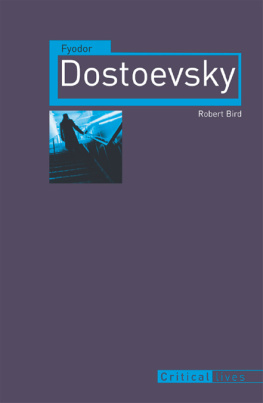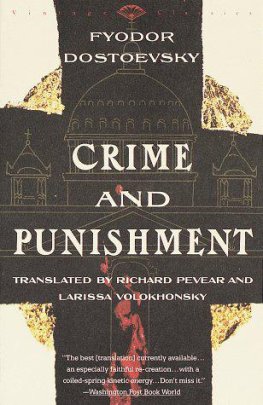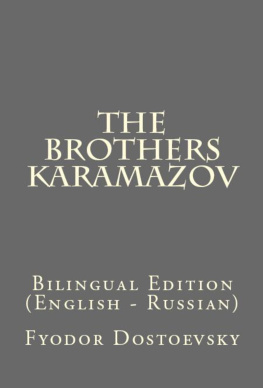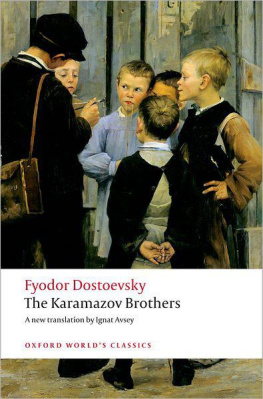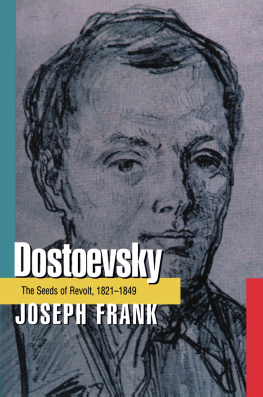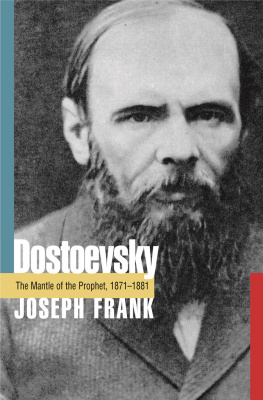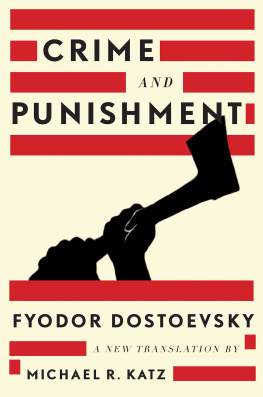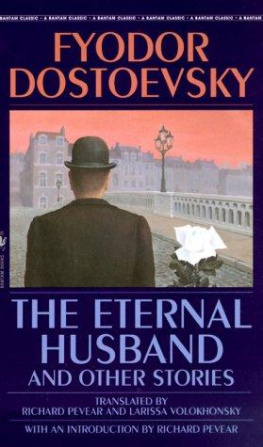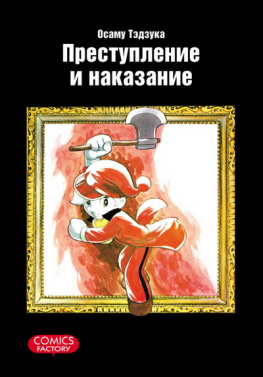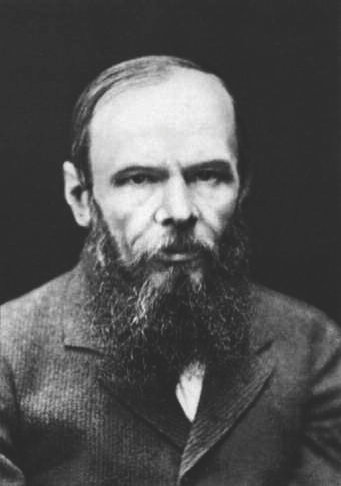Robert Bird - Fyodor Dostoevsky
Here you can read online Robert Bird - Fyodor Dostoevsky full text of the book (entire story) in english for free. Download pdf and epub, get meaning, cover and reviews about this ebook. year: 2013, publisher: Reaktion Books, genre: Detective and thriller. Description of the work, (preface) as well as reviews are available. Best literature library LitArk.com created for fans of good reading and offers a wide selection of genres:
Romance novel
Science fiction
Adventure
Detective
Science
History
Home and family
Prose
Art
Politics
Computer
Non-fiction
Religion
Business
Children
Humor
Choose a favorite category and find really read worthwhile books. Enjoy immersion in the world of imagination, feel the emotions of the characters or learn something new for yourself, make an fascinating discovery.
- Book:Fyodor Dostoevsky
- Author:
- Publisher:Reaktion Books
- Genre:
- Year:2013
- Rating:5 / 5
- Favourites:Add to favourites
- Your mark:
Fyodor Dostoevsky: summary, description and annotation
We offer to read an annotation, description, summary or preface (depends on what the author of the book "Fyodor Dostoevsky" wrote himself). If you haven't found the necessary information about the book — write in the comments, we will try to find it.
Crime and Punishment, The Brothers Karamazov, Demons, The Idiotthe complex and prolific Fyodor Dostoevsky (182181) is responsible for some of our greatest literary works and most fascinating characters. Praised by the likes of Ernest Hemingway, James Joyce, and Virginia Woolf, he is also acknowledged by critics to be a preeminent writer of psychological fiction and a precursor of the twentieth-century existentialism. Set in the troubled political and social world of nineteenth-century Russia, Dostoevskys stories were shaped by the great suffering and difficult life the author himself experienced. Robert Bird explores these influences in this new biography of the prominent Russian author.
Bird traces Dostoevskys path from his harsh childhood through his years as a political revolutionary and finally to his development into a writer, who fought his battles through the printed word. Delving into Dostoevskys youth, Bird reveals his struggles with epilepsy and his despotic treatment at the hands of his father, a doctor at the Mariinsky Hospital for the Poor in Moscow. Bird reveals how Dostoevsky, who championed the downtrodden throughout his career, first came into contact with the poor and oppressed through the hospital. He then outlines the years after Dostoevskys arrest and near-execution for being a member of an underground liberal intellectual group in 1849, detailing his subsequent exile with hard labor in Siberia and compulsory service in the army. As Bird illuminates how these grueling experiences contributed to the writing of novels like Notes from the Underground, he also describes how they instilled in the author a craving for social justice and quest for form that spurred his literary achievements. A fascinating look at this major writer, Fyodor Dostoevsky will pique the interest of any lover of literature.
Robert Bird: author's other books
Who wrote Fyodor Dostoevsky? Find out the surname, the name of the author of the book and a list of all author's works by series.

